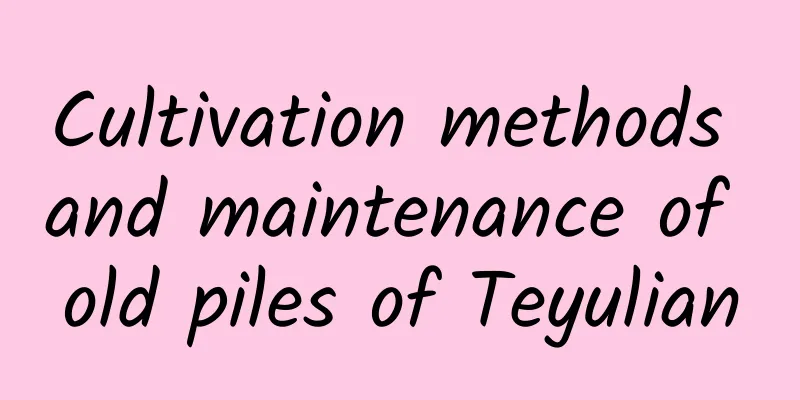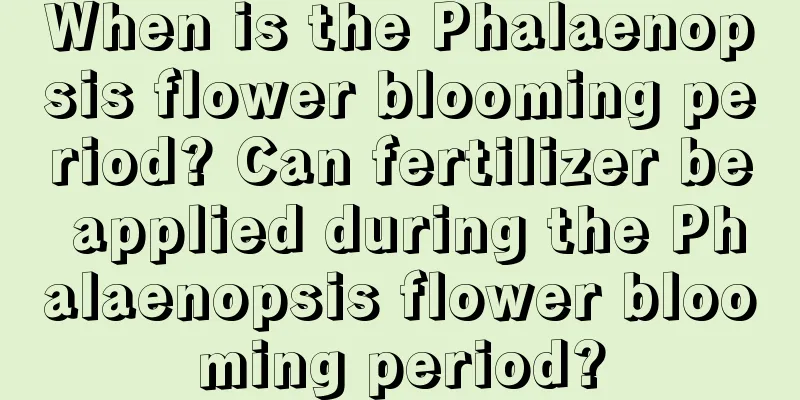Is it better to spread or bury compound fertilizer? (Is it better to spread or bury compound fertilizer?)

Should compound fertilizer be spread or buried?In principle, it is better to bury compound fertilizer instead of spreading it on the ground , because there will definitely be losses if it is spread on the surface, such as the volatility of nitrogen fertilizer will be washed away by rain, and there are also the characteristics of phosphorus and potassium. For example, potassium is too lazy and has poor mobility. When it is spread on the surface, it cannot contact the crop roots, so its utilization rate will decrease. Phosphorus is even lazier and has even poorer mobility. In addition, phosphorus is easily fixed by other elements in the soil. In addition, some phosphorus fertilizers are poorly water-soluble or must be dissolved in weak acid to be absorbed by crops. The roots of crops secrete weak acid when they grow, which can dissolve some phosphate fertilizers. If you spread it on the surface, the roots will not be exposed to it, thus reducing the utilization rate. How to use compound fertilizerBecause compound fertilizer takes effect slowly and lasts for a long time (the fertilizer effect period is up to 3 months, and generally takes effect 10 days after application), compound fertilizer is suitable for base fertilizer (bottom fertilizer) and should not be used for topdressing. Try to avoid using compound fertilizer during the seedling and crop period and supplementary fertilizer in the middle and late stages. Instead, use quick-acting nitrogen fertilizers, such as urea or ammonium bicarbonate. In addition, compound fertilizers containing nitrate should not be used on leafy vegetables and paddy fields; compound fertilizers containing ammonium ions should not be applied on saline-alkali land; compound fertilizers containing potassium chloride or chloride ions should not be used on chlorine-sensitive crops or saline-alkali land; compound fertilizers containing potassium sulfate should not be applied in paddy fields and acidic soils. Some people ask, can compound fertilizer be applied with water? In fact, it is not difficult to answer this question after carefully analyzing the properties of compound fertilizer. Try not to apply compound fertilizer with water, as this will reduce the fertilizer efficiency and cause waste. This is because among the three nutrients of nitrogen, phosphorus and potassium in compound fertilizer, nitrogen is most easily lost with water, while crops absorb nutrients mainly through their roots, which are all in the soil. Most of the nutrients in the compound fertilizer after flushing are enriched in the soil surface and are difficult to combine with the crop roots. Therefore, the fertilizer effect will be greatly reduced. The correct way is to apply compound fertilizer into the soil and cover it with soil to avoid exposing the compound fertilizer. |
Recommend
This kind of "yellow bitter melon" used to be everywhere, but now it is not sold. It tastes "sweet" and delicious!
This fruit looks like bitter melon, but unlike bi...
How to make Kalanchoe bloom more and grow bigger and stronger?
1. How to grow up and become strong 1. Receive su...
How to care for clematis in winter
1. Adequate sunlight Clematis is a light-loving p...
Sunflower cutting method and time
The sunflower, also known as barbata or pine leaf...
How to hydroponically cultivate hyacinth bulbs (when to start, how long to see the light)
1. How to hydroponically cultivate 1. Bulb: Choos...
How to propagate Pilea
Cuttings Cutting time: Cutting can be carried out...
How to reproduce dragon bones, reproduction methods and time
Dragon bone breeding method The main way of propa...
Cultivation methods and precautions of yellow hair palm
1. Maintenance methods 1. Potting soil: The adapt...
How often should I water the blue snowflakes?
1. Watering frequency during flowering period Blu...
Can honeydew melon be grown in the south?
Can honeydew melon be grown in the south? Honeyde...
What to do if Clivia doesn't grow leaves
reason Reason 1 One of the reasons why Clivia doe...
What is the best fertilizer for plum blossoms?
Plum blossom fertilization time Plum blossoms hav...
How long does it take for sunflower cuttings to take root? Why do sunflower cuttings cause root rot?
1. How long does it take for cuttings to take roo...
What is the cause of Impatiens root rot?
1. Excessive watering Reason: Excessive watering ...
The dangers of Indian cannabis
1. Damage to the respiratory system Inhaling it c...









